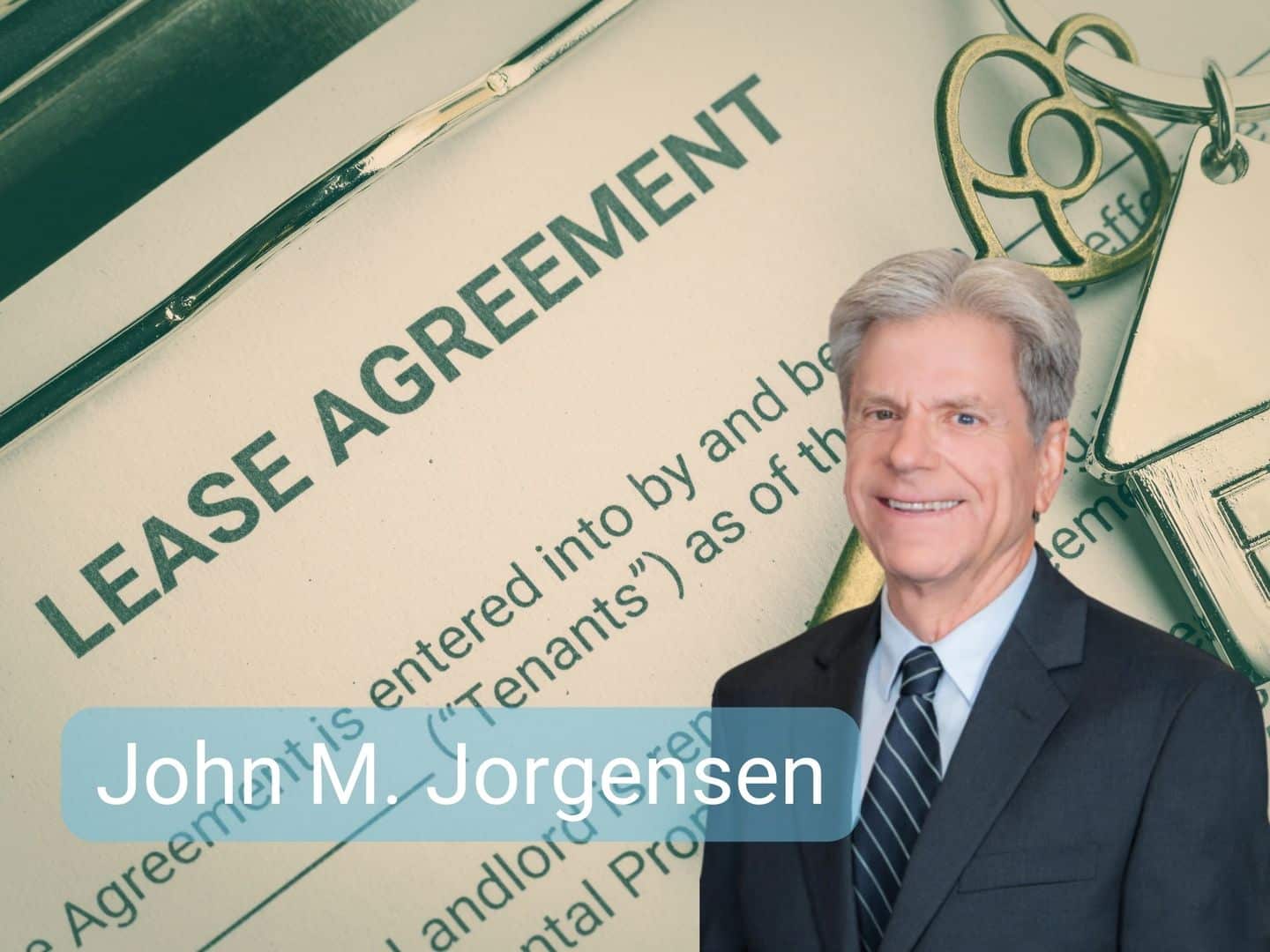Category: Law for All Blog
-

Simplifying Residential Real Estate Transactions: A Guide
Unlock the secrets to successful residential real estate transactions with our guide on navigating the buying and selling process.
-

A Guide to Navigating Landlord/Tenant Disputes Successfully
Explore our guide to navigating landlordtenant disputes. Uncover common issues, legal rights, and resolution strategies for a smooth rental journey.
-

-

-

